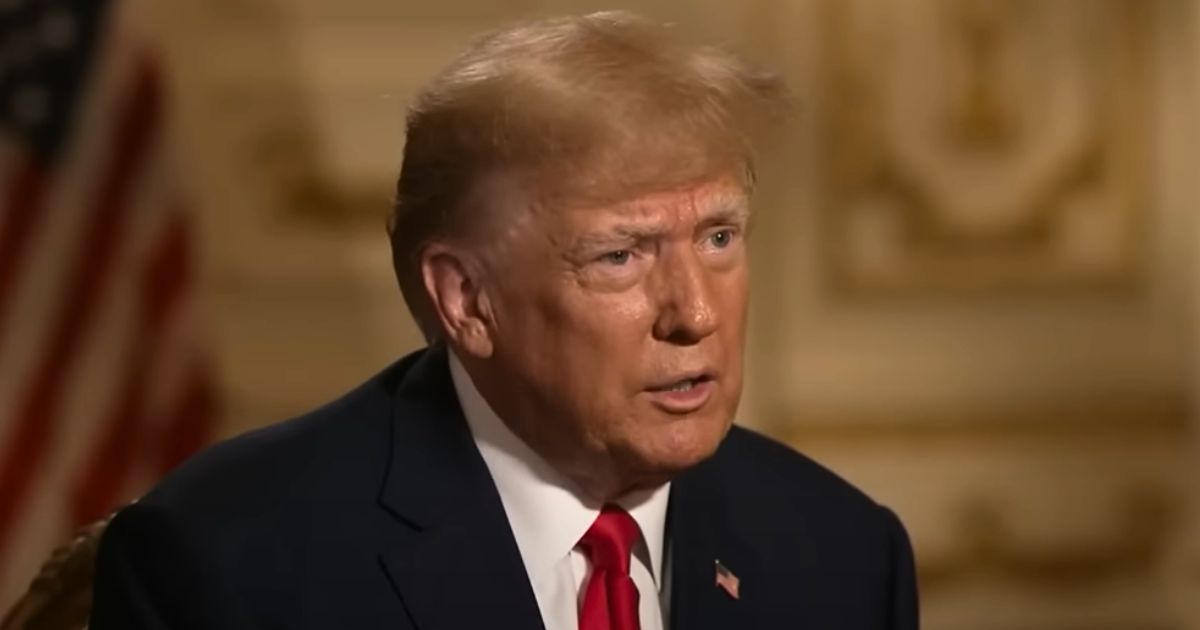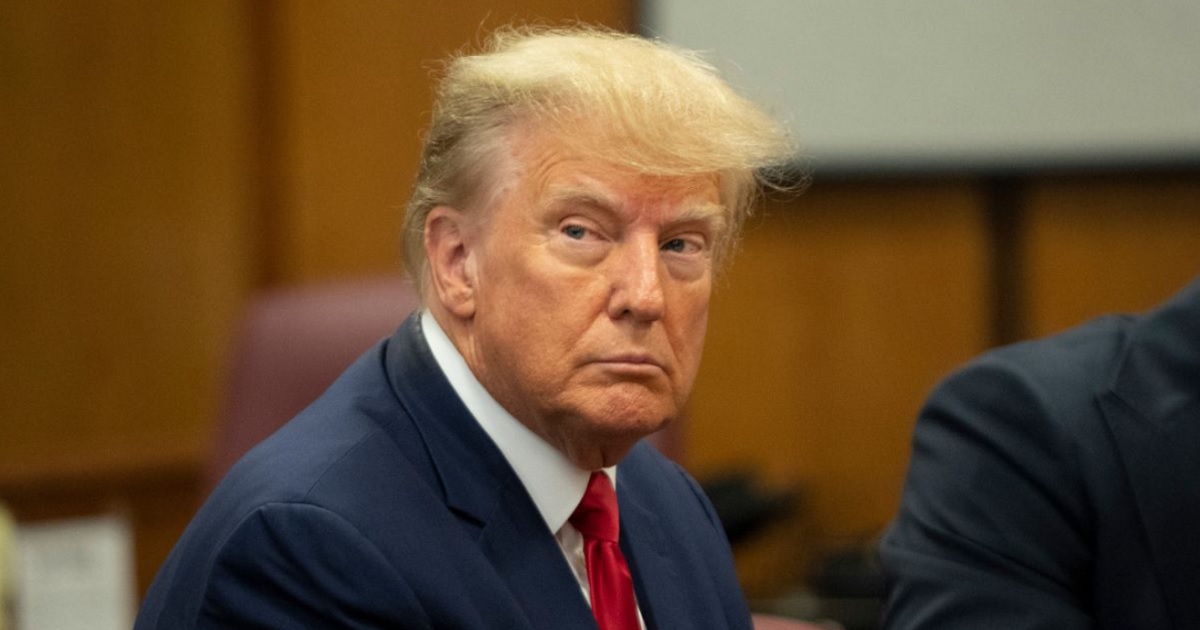Former Tamaulipas Governor Tomas de Jesus Yarrington Ruvalcaba's luxurious life as a fugitive comes to an end as he faces justice in Mexico.
According to Breitbart, U.S. Immigration and Customs Enforcement (ICE) agents have deported Yarrington to Mexico after he completed his 108-month prison sentence for money laundering charges.
The former governor's deportation marks a significant turn of events for a man who once wielded considerable political influence in Mexico.
Yarrington served as governor of Tamaulipas from 1999 to 2005, during which time the region experienced an unprecedented surge in cartel violence. His administration coincided with the rise of the Gulf Cartel and Los Zetas, powerful criminal organizations that gained substantial control over the region.
Protected Fugitive Living Lavish Lifestyle
Before his capture, Yarrington enjoyed protection from Mexican authorities despite having an active Interpol warrant. Tamaulipas police officers served as his personal bodyguards while he remained a fugitive from U.S. justice. Political pressure eventually forced Mexican authorities to withdraw their protection, prompting Yarrington to flee to Italy.
In Italy, the former governor maintained his opulent lifestyle under an assumed identity. He frequented exclusive social circles and was photographed at parties with models. His comfortable existence abroad continued until U.S. Homeland Security Investigations agents finally apprehended him.
The Mexican government's attempts to shield Yarrington from justice became apparent in their subsequent actions. Officials tried to claim credit for his arrest and sought to have him extradited to Mexico first, presumably to protect him from more severe U.S. charges. However, an Italian court's decision favored U.S. jurisdiction, resulting in his transfer to Texas.
Complex Web of Cartel Connections
During his time as governor, Yarrington allegedly facilitated criminal activities that extended far beyond state borders. Federal agents accused him of using his political influence to help Los Zetas and the Beltran Leyva Cartel establish operations in the Port of Veracruz, a crucial entry point for drug and fuel smuggling.
The corruption charges that led to his guilty plea centered on sophisticated money laundering operations. Yarrington admitted to channeling bribes from private individuals and businesses into U.S. accounts, using these illicit funds to acquire real estate properties.
Prosecutors initially filed more serious charges linking him directly to cartel operations, but these were later dismissed as part of his plea agreement.
Investigation records revealed the extent of Yarrington's alleged criminal enterprise. His governorship coincided with a period of unprecedented cartel expansion in Tamaulipas, suggesting a correlation between his administration's policies and the growth of organized crime in the region.
Political Power Shift Impacts Former Officials
The changing political landscape in Mexico has dramatically affected former officials like Yarrington. Without the protection of his previous political allies, he now faces the full force of Mexican law enforcement.
His return to Mexico occurs under a different political administration that appears less inclined to shield him from prosecution.
Yarrington's successor, Eugenio Hernandez, faces similar legal challenges but remains at large. Despite spending time in Mexican custody for embezzlement, Hernandez managed to secure his release before U.S. authorities could pursue extradition. His recent failed attempt to gain political immunity through a federal office bid hasn't deterred him from maintaining a luxurious lifestyle in a Mexican coastal region.
The case highlights ongoing concerns about corruption within Mexican political circles and its connection to organized crime. Various law enforcement agencies continue to investigate these complex relationships between former government officials and criminal organizations.
Case Resolution and Future Implications
Tomas de Jesus Yarrington Ruvalcaba's deportation represents a significant milestone in U.S.-Mexico cooperation against political corruption. The former Tamaulipas governor completed his U.S. prison sentence for money laundering charges related to criminal activities during his 1999-2005 administration.
Mexican authorities now hold custody of Yarrington as he awaits trial on federal corruption and embezzlement charges. His case exemplifies the changing dynamics of Mexican politics, where former officials who once enjoyed government protection now face prosecution under new political leadership.
The outcome of his trial could set important precedents for handling cases involving high-ranking politicians accused of collaborating with criminal organizations.





